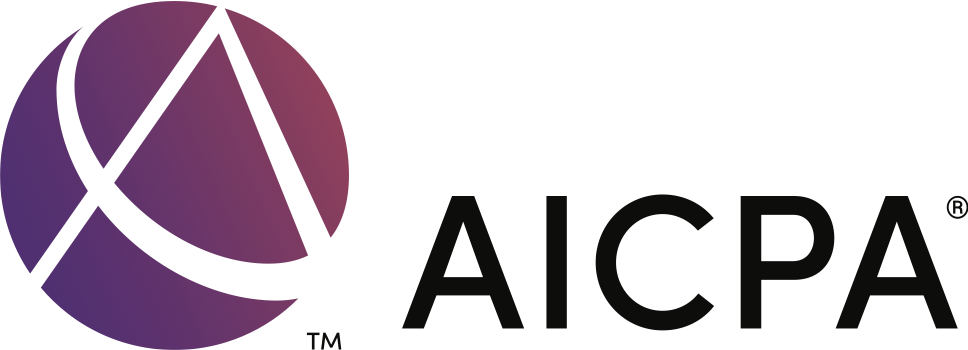Accounting
AICPA Calls for Global Coordination on Digital Economy
The paper examines the issues through the prism of the Association’s Guiding Principles of Good Tax Policy and identifies issues and concerns with various proposals based on the concepts in the Guiding Principles.
Oct. 23, 2018

The Association of International Certified Professional Accountants and the Chartered Institute of Management Accountants have issued a policy paper calling for “international coordination to develop a global solution to the taxation concerns raised by digital transactions and the general digitalization of the economy.”
The purpose of the paper is to “educate, enlighten and stimulate the discussion” about taxation of the digitalized economy. The paper states, “International tax issues and tax policies are most effective and efficient when tax systems operate within an internationally agreed upon platform and approach.”
The Association’s paper does not take a position on any specific tax proposal or existing law. However, the paper does reference various proposals now being developed by international organizations, as well as proposals that have been implemented or proposed by individual countries.
Some of the recent proposals that are specifically referenced in the policy paper include:
- The two March 2018 European Commission directives that address taxation of the digital economy in Europe; one widely debated directive calls for a temporary three percent tax on gross receipts from digital activity with the European Union.
- The work the Organization for Economic Co-operation is doing, as part of its Base Erosion and Profit Shifting Project, to work toward a consensus proposal on this issue with a targeted release of late 2019 or 2020.
- The interest by the United Nation’s committee on taxation in developing recommendations in this area.
- Some individual countries have implemented or proposed digital tax regimes in advance of an international consensus. In contrast, other countries, including the United States, have strongly indicated their preference for a global consensus on updating tax regimes to reflect the significant changes brought on by the digitalization of the world’s economy.
The paper examines the issues through the prism of the Association’s Guiding Principles of Good Tax Policy and identifies issues and concerns with various proposals based on the concepts in the Guiding Principles.
The Association’s policy paper is being distributed globally to policymakers and multinational organizations.
